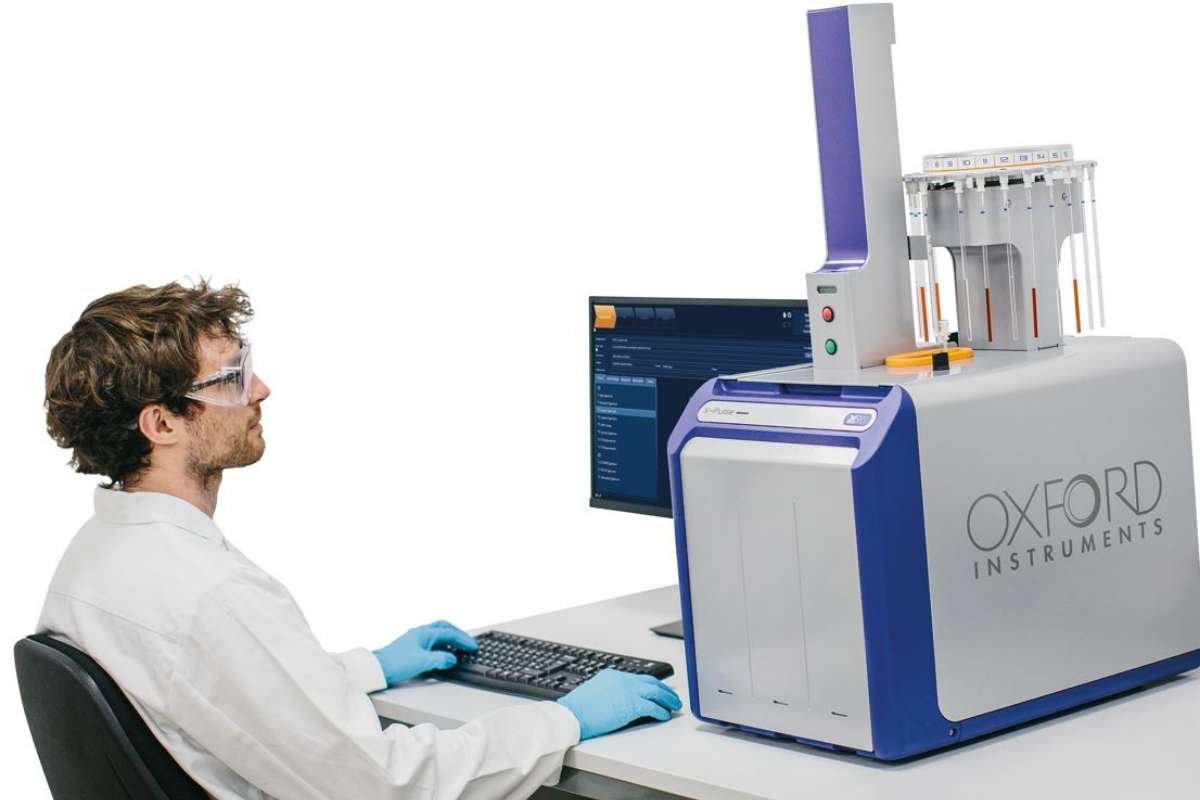If you are looking for a cost-effective alternative to high-field Nuclear Magnetic Resonance (NMR) spectroscopy for polymer analysis, you should consider benchtop NMRs.
NMR Spectrometers can be difficult to operate and are expensive due to their magnet size and the cryogens needed to lower their temperature, but benchtop NMRs can offer an alternative means to undertake polymer analysis. They are less sensitive but require less space to be used. These compact, low-field instruments are revolutionizing polymer analysis across various sectors, including chemistry, material science, and quality control.
Operational simplicity and accessibility
Benchtop NMR spectrometers utilise small permanent magnets to generate their magnetic fields, significantly simplifying their operation and reducing costs. This advancement makes NMR technology accessible to laboratories and industries that were previously constrained by financial or spatial limitations.¹ The compact nature of these instruments facilitates on-site measurements and broadens their application spectrum, offering a practical alternative to their high-field counterparts.
Applications in polymer analysis
Benchtop NMR spectrometers are versatile enough to be used in a wide range of applications in polymer science. From analysing lignins to evaluating polymer crystallinity and the compositional analysis of multicomponent polymer systems, it is evident that these tools are efficient and effective.²,³,⁴
Their capability extends to characterising complex polymers, monitoring polymer film formation, and analysing polymer blends. This broad applicability is instrumental in quality control and the characterisation of polymer materials, positioning benchtop NMR as a crucial tool in polymer research and industry. ⁴,⁵
Advancements and future directions
The ongoing research and development in benchtop NMR technology focuses on enhancing sensitivity, resolution, and versatility. These efforts aim to refine the instruments for more precise and diverse applications in polymer analysis. There is already an increase in the use of benchtop NMR in academic, industrial and commercial settings. This stands as a testament on how important this tool is becoming in polymer-related applications.

Benchtop NMR: an economic alternative for polymer analysis
Benchtop NMR spectrometers show that times are changing when it comes to which technologies are used in polymer analysis. Instead of being possible only with traditional high-field NMR, benchtop NMR spectrometers offer a cost-effective means to undertake polymer analysis. With this technology comes additional accessibility for a wide range of users. Benchtop NMR does not require the same strength of magnets that traditional spectrometers need. Therefore, they can be used in a variety of fields and industries.
As this technology continues to evolve, its impact on the field of polymer science and beyond is expected to grow, marking a significant milestone in material analysis technologies.
References
- Ahn S, Myoung S, Yu H. Recent Applications of Benchtop Nuclear Magnetic Resonance Spectroscopy. Magnetochemistry. 2021;7 (21): 1-26. doi:10/3390/manetochemistry7090121.
- Araneda J, Burton I, Leclerc M, Paleologou M, Riegel S. Analysis of lignins using 31P benchtop NMR spectroscopy: quantitative assessment of substructures and comparison to high-field NMR, Canadian Journal of Chemistry. 2022;100 (11): 799-808. doi:10.1139/cjc-2022-0041.
- Guthausen G, Haas M, Kauffmann-Weiss S, Müller A, Özen M, Palacios J, Räntzsch V, Ratzsch K, Riazi K, Wilhelm M, Vittorias I. Polymer crystallinity and crystallization kinetics via benchtop 1H NMR relaxometry: Revisited method, data analysis, and experiments on common polymers. Polymer1. 2018;145: 162-173. doi:10/1016/J.POLYMER.2018.04.066.
- Beckingham B, Chakrapani S, Minkler M. Low-field-1H-NMR spectroscopy for compositional analysis of multicomponent polymer systems. Analyst. 2019;144(5): 1679-1686. doi:10.1039/c8an01810c.
- Dechner F, Ectors D, Jahns E, Jansen D, Kong X, Neubauer J, Pakusch J, Schmidtke C. Synchronous Monitoring Cement Hydration and Polymer Film Formation Using 1H-Time-Domain-NMR with T2 Time-Weighted T-1 Time Evaluation: A Nondestructive Practical Benchtop Method. ACS Omega. 2021;6 (11): 7499-7511. doi:10.1021/acsomega.0c06010.



